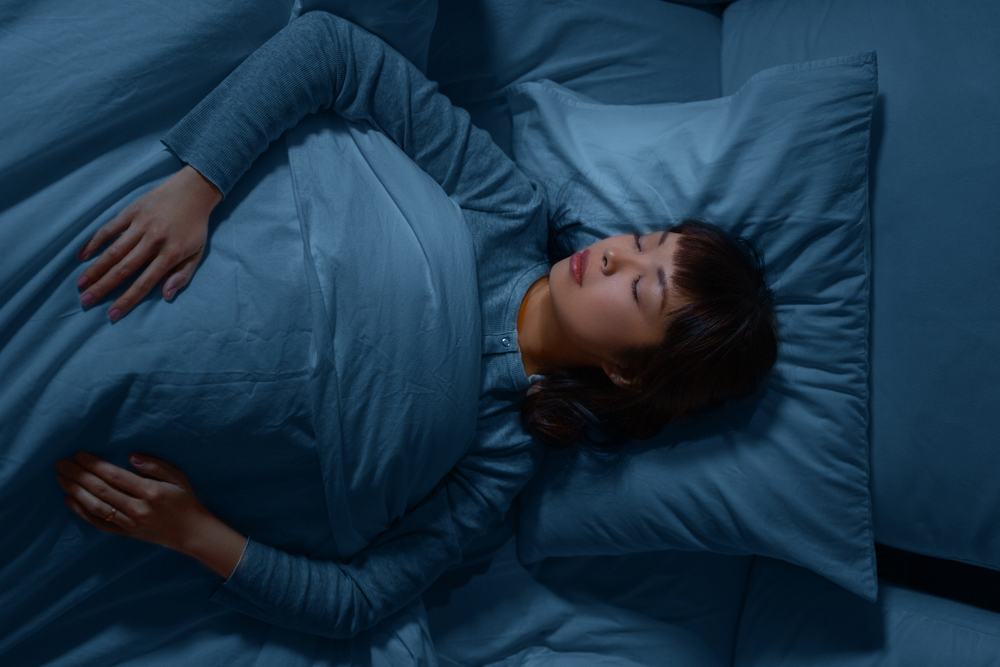This Sunday, March 12, most Americans will “spring forward” with their clocks, thus sacrificing an hour of sleep. While the extra hour of daylight can be beneficial for people who struggle with fall and winter seasonal depression, adjusting to the time change is challenging. In the short term, getting insufficient sleep can impair your decision-making skills, make you more accident-prone and cause mood issues like irritability. Over the long run, too much sleep debt can contribute to health concerns like weight gain, obesity, Type 2 diabetes, dementia and heart disease.
How Much Sleep Do Women Need?
Healthy adults need between seven and nine hours of restful sleep per night. However, many women are chronically sleep-deprived. Though issues like insomnia affect people of all gender identities, women are more susceptible to sleep disorders than men. Women are at a higher risk of issues such as depression and restless leg syndrome, which link closely with insomnia. They are also more likely to be light sleepers, getting up one or more times during the night to take care of children or pets.
When getting help for sleeping problems, women tend to perceive and report their symptoms differently than men. For example, women who seek insomnia treatment may describe symptoms like daytime fatigue, which can lead to a misdiagnosis of depression when sleep apnea is the underlying condition.
How Hormones Affect Women’s Sleep Quality
Hormonal changes – especially those associated with menopause – can alter your circadian rhythm and cause disrupted sleep. For example, up to 85% of menopausal women have hot flashes and night sweats. Women’s relationship with sleep can change throughout their lives due to puberty, pregnancy, the postpartum period, perimenopause and menopause. As a result, many women may have difficulty falling and staying asleep and wake up feeling groggy and fatigued instead of refreshed and alert.
During your period, you may experience cramps, headaches and bloating that keep you awake at night. And even though total sleep time stays roughly the same throughout the menstrual cycle, women are most likely to experience lower sleep quality in the week before their period starts, due to PMS symptoms such as nightmares, fatigue and trouble concentrating.
Many pregnant women have trouble sleeping, especially during the third trimester. Sleep interruptions continue into the postpartum phase, when hormone levels abruptly drop. This sudden change, along with the challenges of caring for a newborn, can worsen sleep quality and cause daytime drowsiness.
How to Enjoy Better-Quality Sleep
While Arizona residents remain unaffected by the twice-yearly time shift, the rest of the U.S. may finally be catching up to Arizona by making daylight saving time permanent. In 2022, the Senate approved a bill known as the Sunshine Protection Act, which would reduce seasonal depression and improve sleeping patterns among Americans.
You can improve your sleep hygiene and overall health with some simple lifestyle choices. Avoid napping, and limit your caffeine, alcohol and nicotine intake. Work out daily, and follow a consistent sleep routine that includes relaxing pre-bedtime activities like meditating. Make your bedroom a soothing, distraction-free area with no electronic devices.
The misconception that having a nightcap before going to bed can help them fall and stay asleep has led many women to become dependent on alcohol. Trouble sleeping is also a common withdrawal symptom that can make it challenging to quit drinking. If you struggle with substance abuse, our women’s-only continuing care addiction program can help you make a fresh start in life. Contact us to learn more about our Arizona treatment options.



